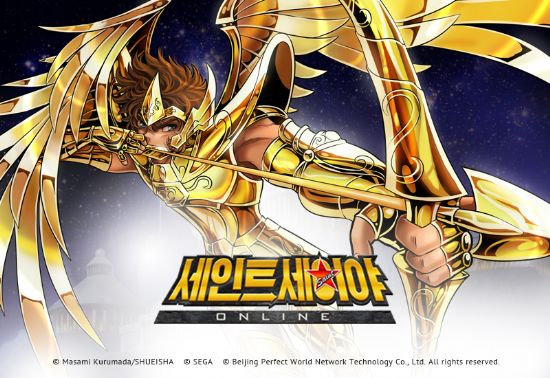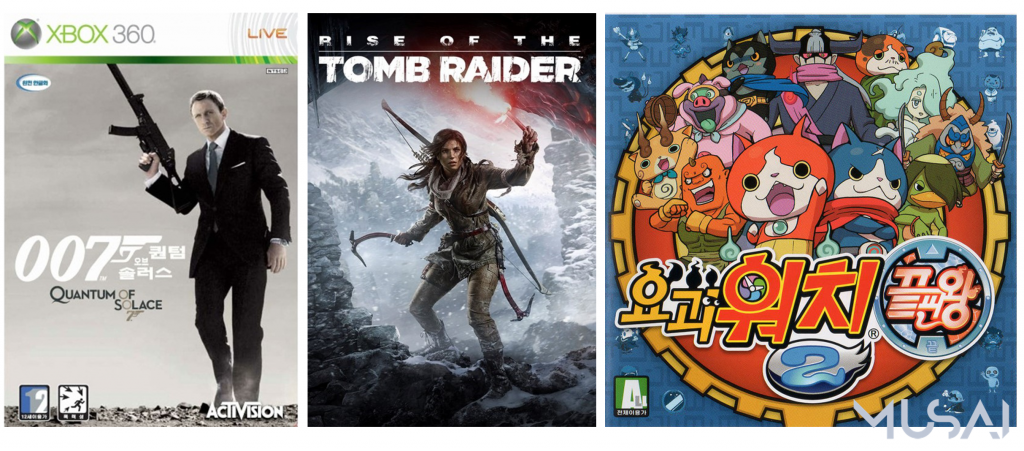[MUSAI] ‘GAME LOCALIZATION GUIDE with MUSAI’ Ep2. Six useful tips to localize games based on known IP

2020-10-22
In general, various materials and data are required for game localization like below.
- Project proposal with the concept of world in game
- Character bios
- Translation source, Cinematic trailer, Playable build, etc.
- Other reference media such as movie, animation, comics, and other games
You may be surprised how many materials are required for game localization beyond the translation source. The reason is that game is an imaginary content created by a game producer or writer, so each game has own unique concept of the world. And then, characters have a live and storylines are unfold gradually based on this concept.
These components are the target to be localized and enough time to familiarize with them are important indeed. That’s why Musai Studio has emphasized how important the familiarization process is in the previous article. (‘Do we have to do the familiarization process?’ http://blog.musaistudio.com/musai-do-we-have-to-do-the-familiarization-process)
However, if the game is based on famous intellectual properties, more considerations are needed for localization. They have not only more expectations but also limitations. This is the area we will talk about as a second episode of ‘Game Localization Guide with Musai’ – IP Games.
What is the meaning of ‘IP’ in the gaming industry?
Intellectual properties (IP) mean any product and creation of human intellect that protected by law in general terms. To make it easy, IP in the gaming industry can refer to a license or right over the characters, stories, and background of well-known movie, animation, and comics, etc. The types are below.
- Movie & TV series
- Animation series
- Comics & Cartoons
- Novels
- Game – games based on same IP launched in different platforms or genres
If the game based on famous IP has a decent level in terms of gameplay, it’s possible to drive users to install easily due to its awareness and popularity. However, IP games have a history of both success and failure as you may know. You can find out the possibility and result of IP games in terms of business aspects through the gaming research media such as ‘Newzoo’, so we will discuss the localization of IP games according to the types of IPs.
6 types of IP games and the localization tips
- OSMU IP (One Source Multi Use IP)
This is the case that one famous IP has been already localized in different forms of entertainment such as movie, drama, animation, comics so the Korean fans are used to the IP. For instance, ‘Pokémon’ and ‘Harry Poter’ are the good examples of this case. Even though all the forms of entertainment are based on the same IP, the localization style for each genre can be different. That’s why you need to make sure to review what have already been created, find the local taste of the IP, and decide which style you would follow for your game localization.
- Different games based on the same IP already launched
In the case of famous IPs, the licensee can be more than two and games based on the IP might have been launched in different platforms or different genres. If the localization style (or translation style to be specific) of all the games kept the consistency, there would be no problem. However, it possibly happens that the games are launched with different localization styles according to the IP partners. In this case, you need to analyze both the games launched in the market and your game which is going to be localized in a variety of aspects, and decide either to follow the original style (if so, which style you will follow) or to create new style for your game.
- No reference since the IP never introduced in Korea
In this case, new translation style is available like other new games. There is no official translated version of the IP in Korea, but sometimes fan translation can exist. It’s not mandatory but recommended to review them as a reference.
- The IP with a strict guideline for globalization
It’s crucial to stick to the guideline provided from the licensor in this case. For the example of ‘D*****’, dedicated Korean voice talents for major characters are already set and it should be consistent no matter which genre they will be included in. Some licensors of famous IPs provide a rigorous style guide for localization in advance.
- The old IP which was introduced in Korea long ago
If the IP has been introduced in Korea in the past – about 20 or 30 years ago, it’s recommended to apply the new translation style to reflect the recent trend of localization, instead of following the old glossary and style. (Of course, if there are famous lines or unique points to present the IP well in the old version, they should be saved and applied to the new game for sure.
For example, when the time to localize ‘Saint Seiya Online’ in 2015, all the comics and animation aired in 90s of ‘Saint Seiya’ series were reviewed thoroughly but only a few parts were actually applied on the game.

- Only a part of IP applied on the game
This case is rarely happened but there are the IP games based on only the character of the IP, not the whole contents. In this case, the game should be localized with the consideration how important the character is in the in-game story and how related the IP is with the whole concept of the game.
The IP games localized by Musai Studio (title / the year of work)
007 Quantum Of Solace / 2009
Rise of the Tomb Raider / 2015
Yokai Watch2 / 2016
Marvel: Powers United VR / 2018
Marvel Dimension of Heroes / 2019
Attack on Titan 2: Final Battle / 2018
Lego Marvel Super Heroes 2 / 2017



As the success stories of IPs have been increased in the gaming industry, more IP games are coming out. Furthermore, a diversity of games based on one IP could be published depending on the conditions of license agreement and financial status. However, IP games have become very common these days that they have not been as effective as expected. Some of IP games are also turned away from the fans in the case of just bringing the IP characters without the understanding of the whole contents and expectation from the fans regarding the IP.
The awareness of IP doesn’t guarantee success. The strategical plan with the consideration regarding the original brand and awareness is needed to maximize the effect of IP power in terms of advertisement and revenue for your game. In this point of view, the localization process for IP games requires more dedication and effort to understand the original contents to meet the users’ expectation.
** Did you enjoy the news of Musai? Please click subscribe and share the story.
BOOST YOUR PLAY! Musai Studio







